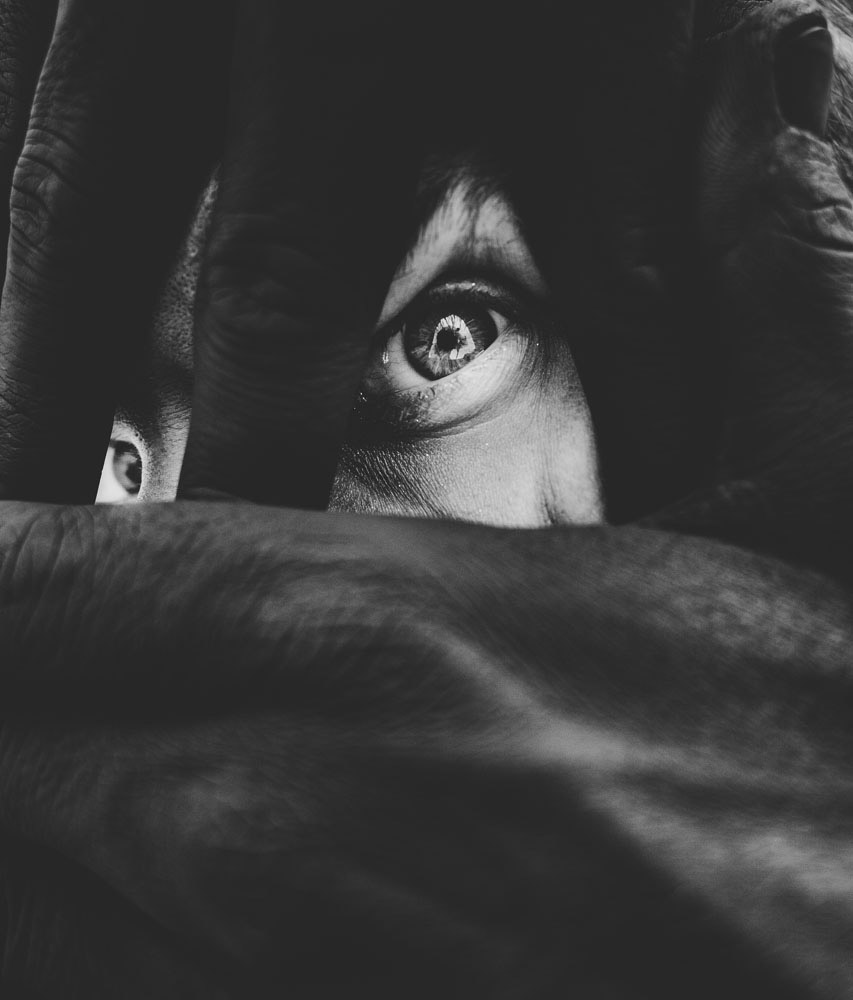All images by Luc Kordas. Used with permission.
Photographer Luc Kordas says that he doesn’t exactly classify himself as a fashion photographer despite that being the majority of his work. Luc has been shooting for around 10 years now and started out by playing with film. He shoots all digital today, but tries to emulate the look of film in his photography.
Luc contacted us after reading our interview with Andre Josselin, and after visiting Luc’s Behance profile, we were in awe at his work. Luc has the special talent of incredible balance–he makes his images look like film yet nothing in his portfolio looks or feels the same. It takes one heck of a photographer to shoot, edit and showcase this way.
We talked to Luc about the fashion photography world, his work, and how bad he is at networking.
Phoblographer: Talk to us about how you got into photography.
Luc: I got into photography a decade ago by chance in London when I was left with my colleague’s semi-pro SLR film camera after he had mysteriously disappeared into thin air. I don’t know what happened to him until this day. I had been interested in photography before and had a point-and-shoot digital camera, but it was when I had a chance to play with aperture and shutter speed for the first time that I started taking it a bit more seriously and creatively.
Phoblographer: What attracted you to fashion and portraits?
Luc: I’ve never considered myself a fashion photographer and still don’t. But I have always been attracted to beautiful girls and, in general, people who cared about their outfits–for whom the way you dress is just another form of expressing yourself, just as other people do it through art, architecture, writing etc.
I started taking portraits of one of my first (ex) girlfriends after about a year of photographing – she was a head turner – and it grew on me. I realized that images of a human face is powerful. I’ve always been drawn almost exclusively to girls, though. Until this day I have very few portraits of men, but I have quite a collection of self-portraits that I’ve been taking over the years to practice.
In both portraits and fashion I’m drawn to showing emotion rather than technical skill. I like blurry, dark, gritty images, I’m not afraid of grain and imperfections, I don’t do any excessive skin retouching, trying to keep it real, but always visually pleasing, although with fashion and commercial work you also need to make sure the client likes it or, rather, that they like themselves in those shots, so that influences my style too and sometimes makes it cleaner.
Phoblographer: All of your images (from Nocturnes to Fairy Tales and more) have totally unique and different looks to them. Where does your creative inspiration typically come from and how do you ensure that your work doesn’t always end up looking the same?
Luc: My inspiration comes from life and thousands of other photographers out there. As far as my style, despite my sets perhaps appearing to be quite diverse, I feel there’s always a visual quality that binds them together. I have always leaned towards darker, mysterious images that tell a story. There’s always a sense of loneliness, nostalgia and melancholy about them no matter if they are color or black/white so in that respect, they do share common aesthetics.
Phoblographer: The fashion and photography world can always feel like it’s more about who you know than what you know. So how have you gone about marketing your work, networking, and securing the gigs that you do?
Luc: I am actually not good at this at all. Not only am I bad at networking, but I also quite frankly despise it. I know it’s necessary, as is marketing, but it’s never been my thing. The fashion world is superficial. There’s no room for being open and being yourself. Everyone is an act, everyone wants to look pro, connected, experienced and uber cool. By definition – it’s all about appearances.That’s why I don’t think I will ever get into fashion industry on a serious level. I like to call what I do flirting with fashion (photography). I like the art of expressing yourself through your clothes, but I don’t buy into the glamour and glitz and superficiality that goes with the high fashion world.
If I get hired for fashion gigs, I guess it’s precisely because I have a more laid-back, quirky and yet very basic approach to it. Some people appreciate it.
“In both portraits and fashion I’m drawn to showing emotion rather than technical skill. I like blurry, dark, gritty images, I’m not afraid of grain and imperfections, I don’t do any excessive skin retouching, trying to keep it real, but always visually pleasing, although with fashion and commercial work you also need to make sure the client likes it or, rather, that they like themselves in those shots, so that influences my style too and sometimes makes it cleaner.”
Phoblographer: Talk to us about the gear that you use. Lots of your work looks like film.
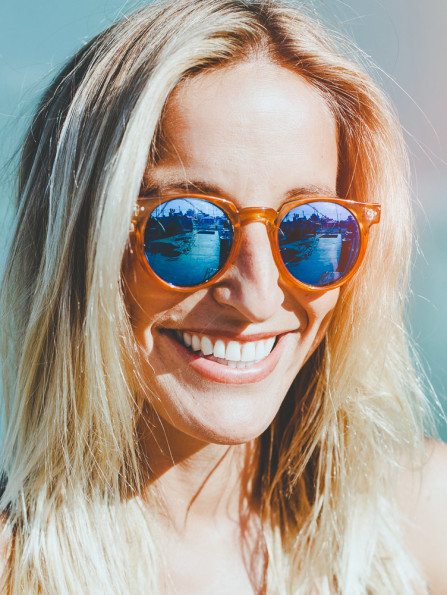
Luc: After a short period of using film, I switched to Canon and have been using it ever since. I now shoot with Canon 5D Mk III with a set of prime lenses (28mm, 50mm, 85mm). Indeed, a lot of my work looks like it’s film, but it’s all digital. I only have one camera and use it for everything, I wish I could get something smaller for my street photography though.
Phoblographer: When you go into a shoot, is there typically storyboarding done or do you and the model just work together instead? What qualities do you think make for a great photographer/model relationship?
Luc: That depends on a shoot. Lately I have been trying to plan them a bit more, at the very least roughly research the location and I have to say it’s been paying off. However, a lot of my shoots are totally spontaneous. I rarely do story boards. If anything, I have a couple of pre visualized shots in my head, but in the end most of it is improvised. I’m not good at planning and like it that way.
“The fashion world is superficial. There’s no room for being open and being yourself.”
As for models, it’s interesting you ask, if there’s one quality I appreciate the most not only in relationships with models, but also generally, it’s got to be respect. That includes respecting each other’s time. It’s hard to come by these days even among friends.
I have been realizing only recently how important it is to work with a professionals. You see, people are surprised when I tell them that I mostly use amateur models, many of whom are my friends or acquaintances. I have been also asking to shoot with girls that I barely know recently, casually met at events, etc.
Having said that, the problem with this tactic is that not all girls know how to pose. In the beginning I was looking for that natural look, so I avoided pros and their posing, I thought amateur models are better at being natural. But now I know it’s exactly the opposite. Just like with acting, it takes a good actor for their acting to come off as natural. With beginning girls what happens is that they try too hard and it shows. I had a couple of shoots when everything was right except for the model’s forced posing and on the whole the shoot was a fail. It’s not easy to be natural in front of the camera. So paradoxically it takes good acting skills for poses not to seem awkward.
Working with a pro is a pleasure. I can focus on photography, they do their thing. Also, unlike non-pros, they are usually on time. It may be hard to believe, but I’ve had about 8 photo shoots with friends/acquaintances this year – none of them a pro – and every single one of them was late, which is annoying, because I’m a natural light photographer and if you’re an hour late to a shoot in winter we all might as well go home. But that’s very common with unpaid sessions that I do as my personal work. If their money is not on the line, they just don’t seem to appreciate the opportunity. And to be clear, we’re talking half an hour to over an hour kind of late, not 15min…It’s upsetting but you can’t show it if you want to get anything out of that session at all. But that definitely spoils the relationship for me, it’s just lack of respect.
As for the relationship, I am always cool, calm and quiet. I am never that photog who screams at models and forces them to do awkward things. I go with the flow and respect those girls as people first, before I think of photography. Perhaps you get better results pushing your models to do this and that, but that has never been my thing. I want both parties to be happy and have a good time. Girls appreciate that.
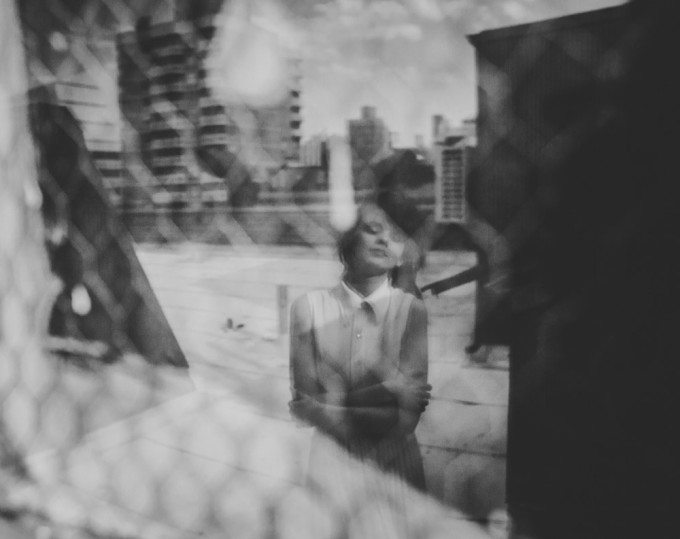



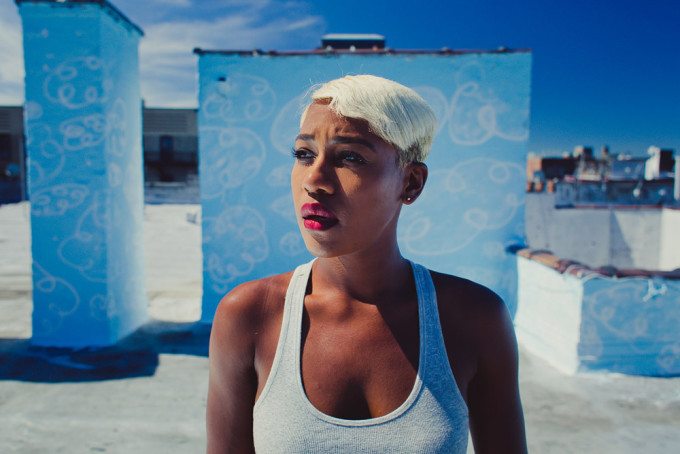
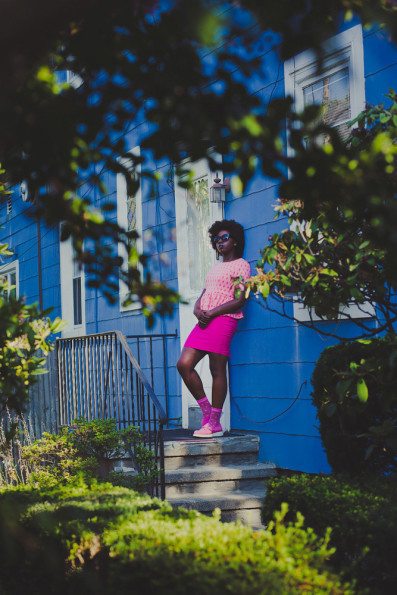
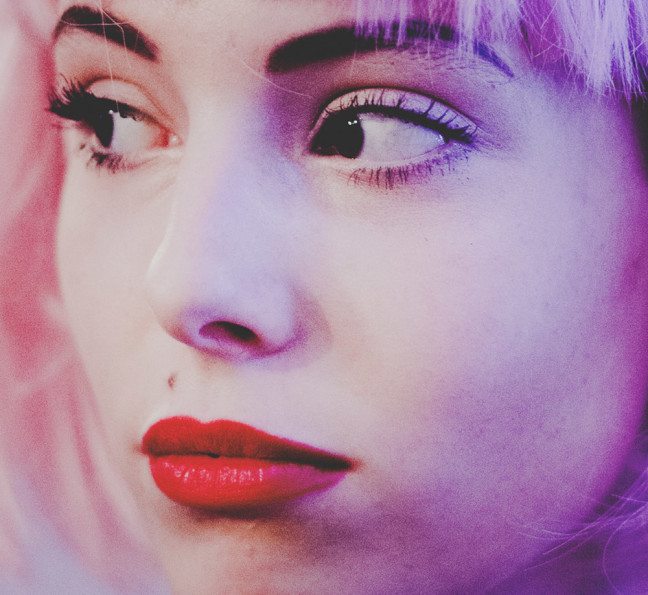
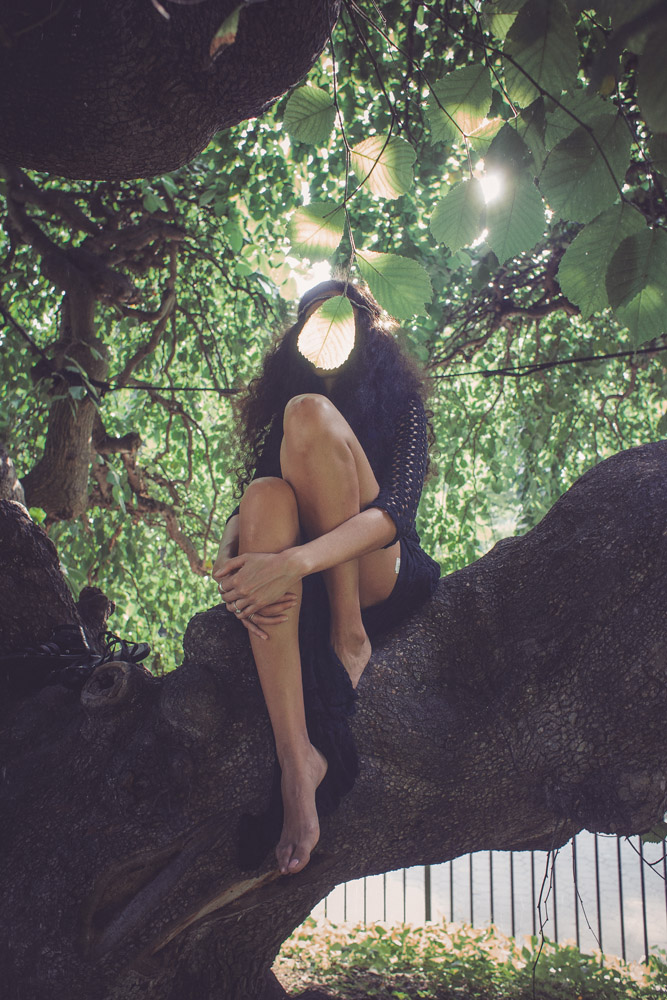
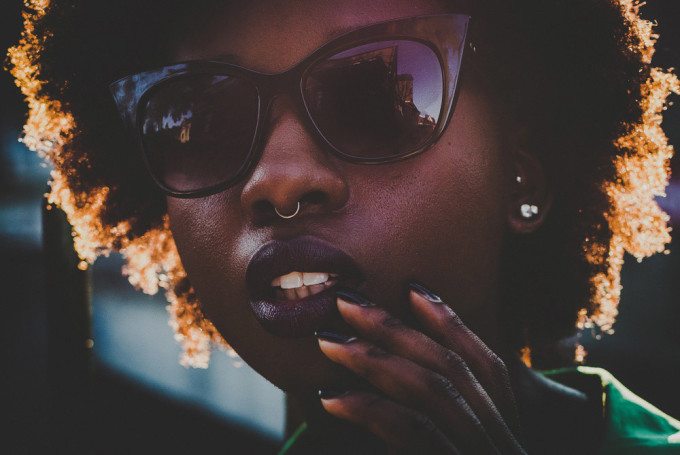
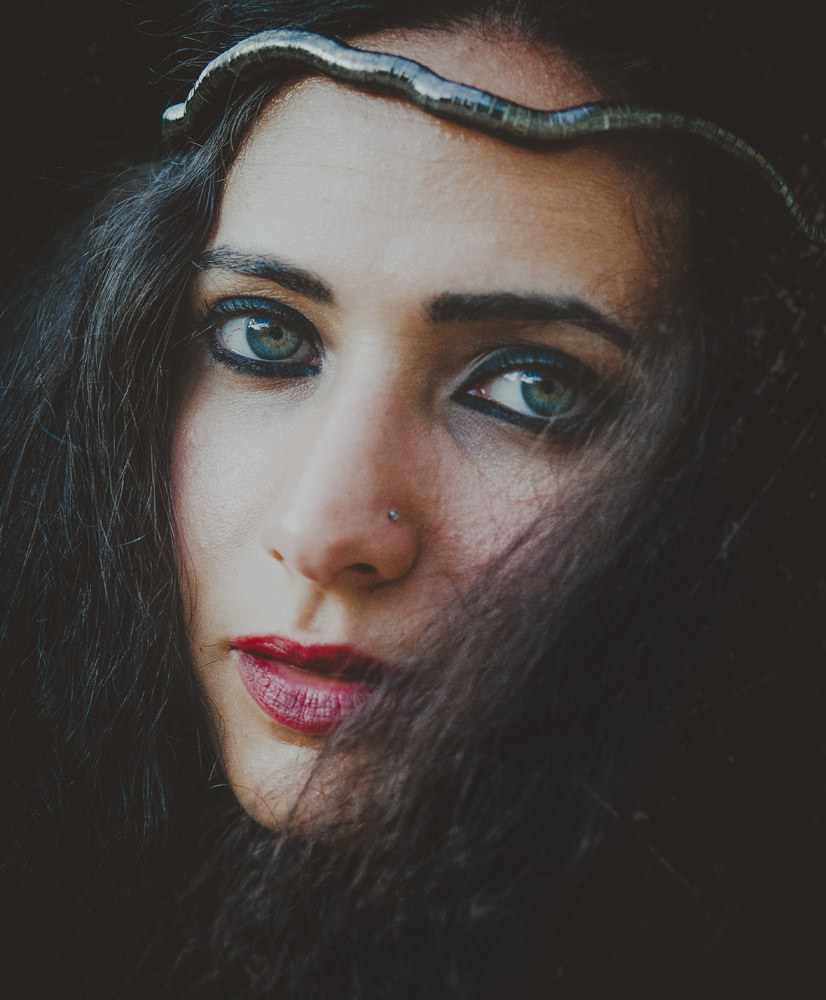
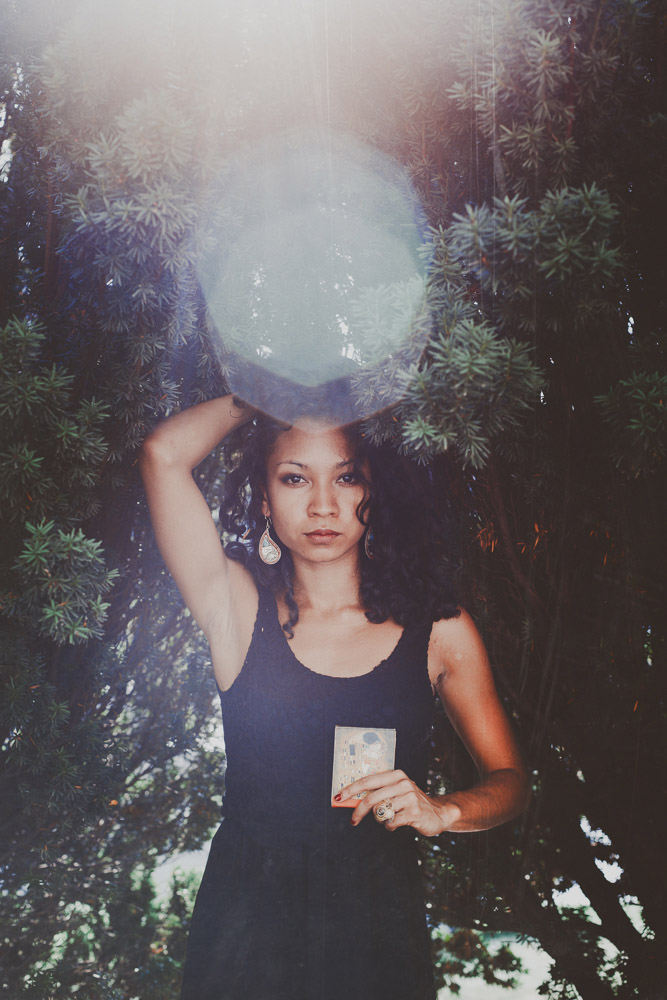
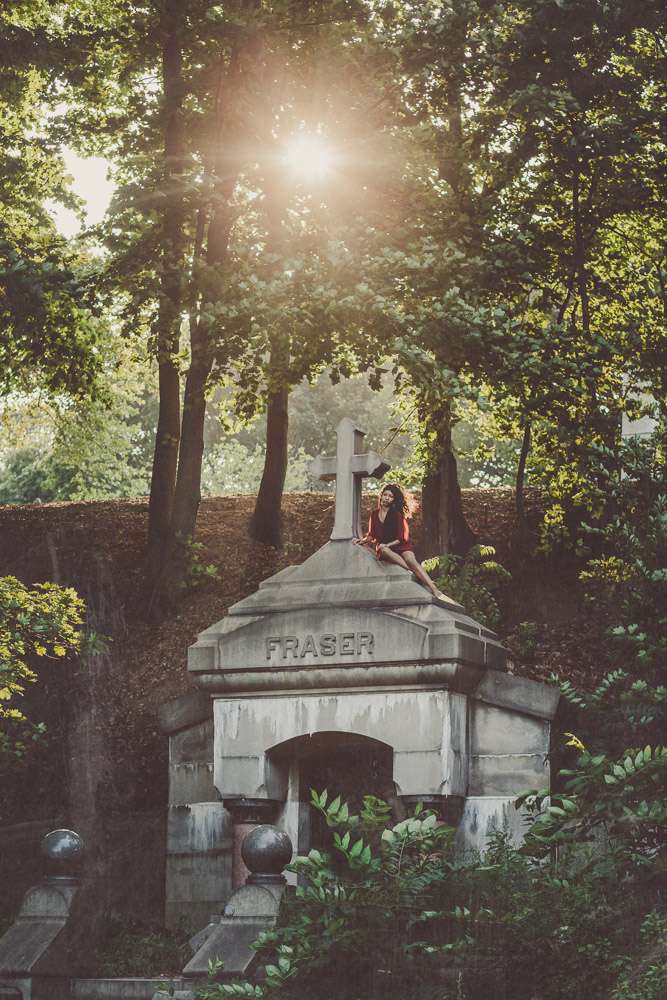
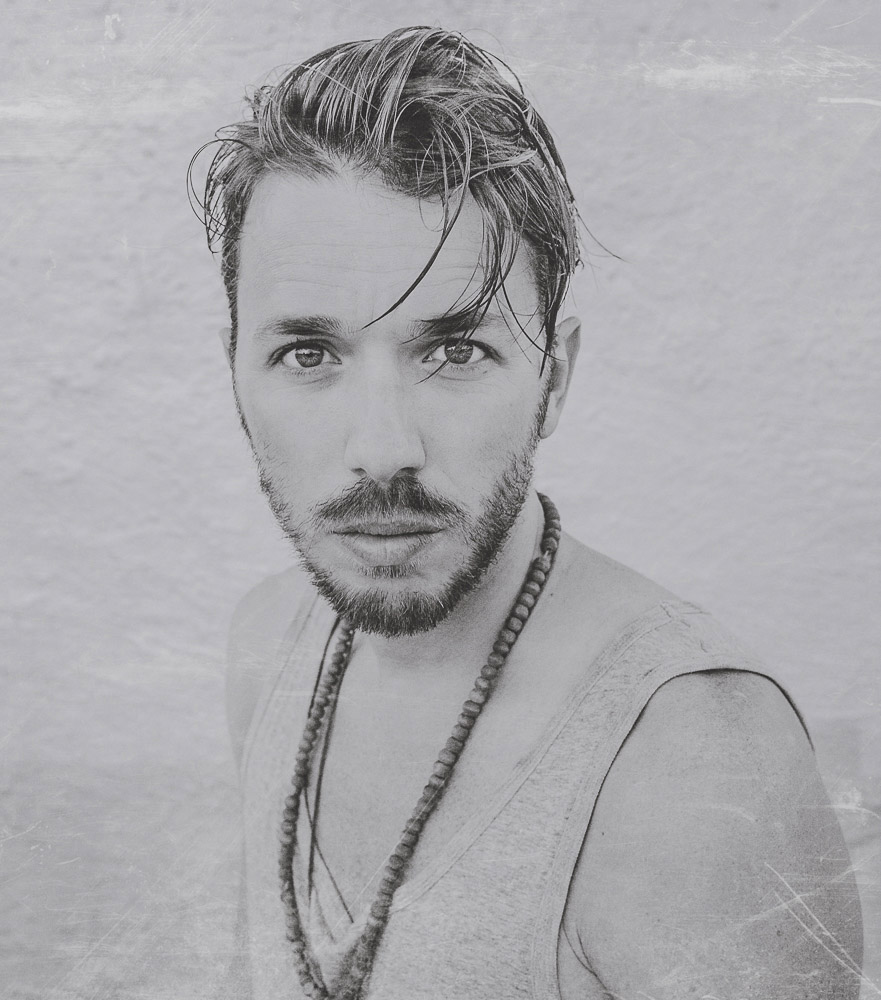
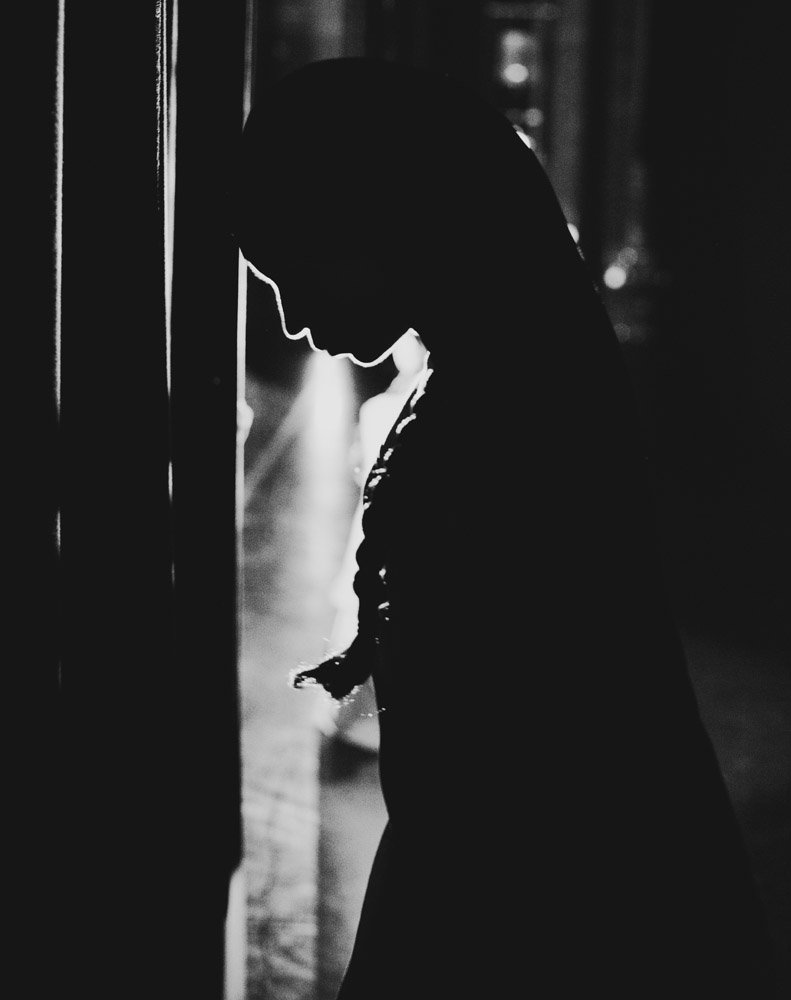
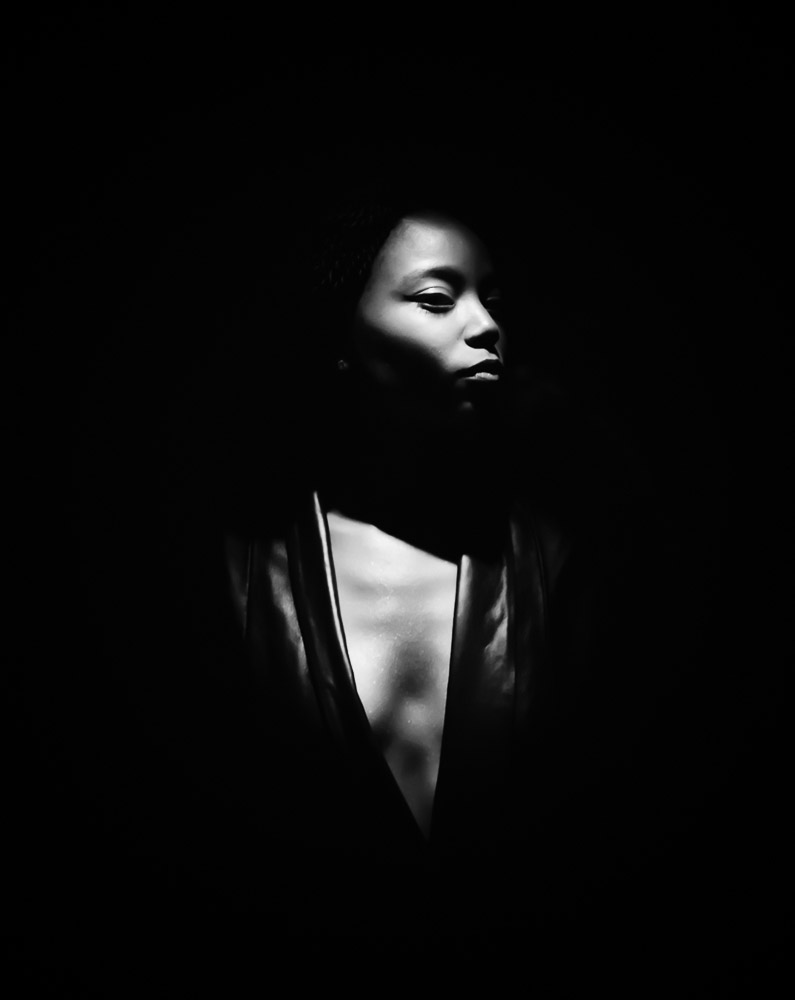 ‘
‘